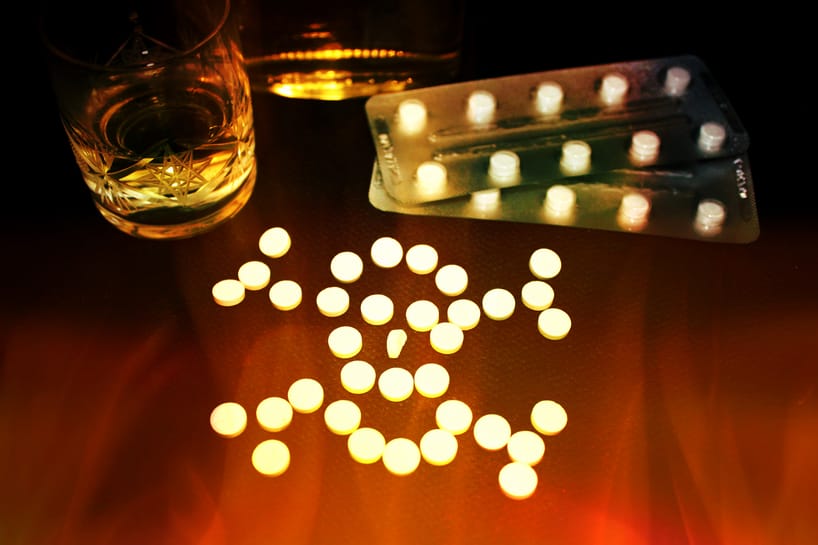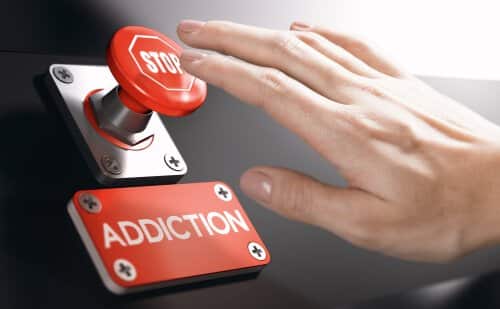Beware Withdrawal Symptoms – They can be Fatal!

Upon abrupt discontinuation or decrease in intake of substances of abuse, an individual goes into a phase called “withdrawal”.
It happens after repeated use of opiates (pain pills/heroin), alcohol and benzodiazepines and buprenorphine (trade names: Suboxone, Bunavail, Zubsolv), a medication used to treat opioid withdrawal and cravings.
Withdrawal causes acute physical distress and, in the case of alcohol and benzodiazepines, it can cause seizures, stroke or even death. The symptoms may include excessive sweating, anxiety, depression, fatigue etc.
It is quite evident form the above that withdrawal symptoms need to be treated immediately in order to avoid negative medical consequences. Luckily in New Jersey, withdrawal management services are widely available whether you live in Plainfield or Plainsboro, Montclair or Marlboro
Toms River of Forked River, Clinton or Clifton, Far Hills or Cherry Hill, Howell or Wall Township.
Opiates (pain pills, heroin)
Opiates withdrawal symptoms include anxiety, sweating, vomiting, diarrhea, and shivers.
Suboxone
Suboxone withdrawal symptoms include nausea and vomiting, muscle/body aches, insomnia or drowsiness, indigestion, anxiety, depression, and irritability.
Alcohol
Alcohol withdrawal symptoms include: sweating, anxiety, depression, mood swings, tremors, shaking, irritability, nausea, seizures and delirium tremens.
Benzodiazepine
Benzodiazepine withdrawal symptoms include sleep disturbance, irritability, increased tension and anxiety, panic attacks, hand tremor, sweating, diazepines, it can cause seizures or even death. Culty concentrating, headache, muscular pain, stiffness and dry wretching and nausea.
Cocaine
Cocaine withdrawal symptoms include agitation and restless behavior, depressed mood, fatigue, increased appetite, vivid and unpleasant dreams, and slowing of activity.
Methamphetamine
Methamphetamine withdrawal symptoms include deep, dark depression, emotional lability (exaggerated changes in mood), night sweats, teeth grinding, anxiety, anhedonia (inability to experience pleasure from activities usually found enjoyable), irritability, suicidal ideations, and suicide.
Spice
Spice withdrawal symptoms include: depression, headache, loss of appetite, headache, tremors, palpitation, confusion, psychotic episodes, restlessness, extreme sweating, hallucinations, and seizures.
Ketamine
Ketamine withdrawal symptoms include: nausea, dizziness, diarrhea, flashbacks, aggressive behavior, irregular and rapid heartbeat, seizures and, possibly, death.
As is evident from the withdrawal symptoms listed above, stopping drug and alcohol use abruptly has its own risks, Consequently, when an individual decides to come off of drugs or alcohol, it is important to do it at licensed detoxification facilities under appropriate supervision and care.
Related Articles
Sublocade: Directionally Positive, but Not a Panacea
Probuphine – Formidable Hurdles Will Severely Limit Adoption


